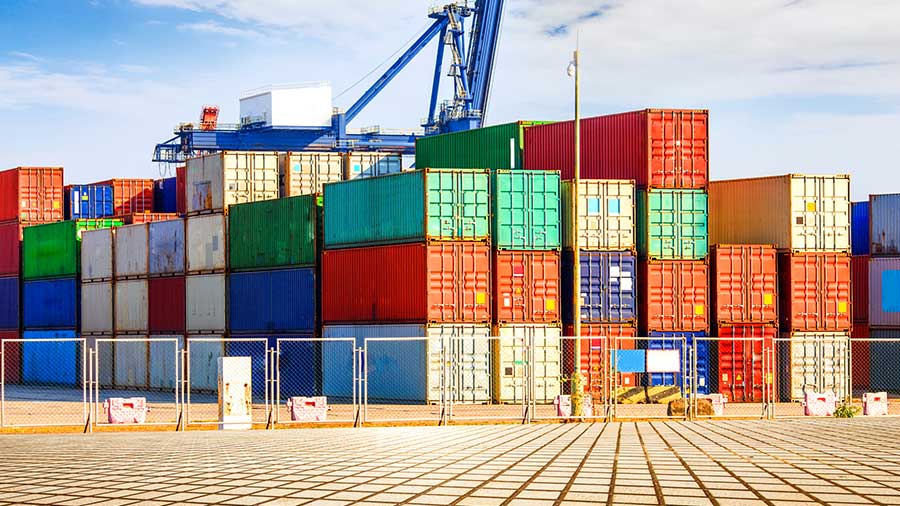Draft Global Minimum Tax Support Fund Unveiled
Vietnam’s Ministry of Planning and Investment has released a draft decree outlining an Investment Support Fund to counter the impacts of the Global Minimum Tax. Here are the details.
At the end of 2023, after months of deliberation and uncertainty, Vietnam’s National Assembly passed top-up tax legislation in response to the OECD’s Global Minimum Tax initiative. This tax will essentially see foreign firms paying a minimum tax rate of 15 percent in Vietnam, and by some estimates could see the state treasury benefit to the tune of US$600 million.
That said, tax incentives that saw some multinationals paying as little as just a few percent of corporate income tax have been a key driver of foreign direct investment in Vietnam. Without these incentives, some concerns have been raised that foreign direct investment may slow down. To meet this challenge head-on on a number of alternative incentives have been floated. Cash payments to foreign firms was one idea put forward early in 2023, however, this was swiftly shut down by the OECD which warned against trying to circumvent this legislation.
In response, Vietnam’s lawmakers went back to the drawing board though the challenge of finding an adequate alternative to tax incentives persisted. In the end, in November, the top-up tax legislation was passed with no alternative benefits in place. Key decision-makers, however, were eager to move quickly to ensure there was no disruption to the huge inflows of foreign direct investment Vietnam has welcomed in recent years.
It’s in this line of thinking that in late December the Ministry of Planning and Investment released a draft decree that, if approved, would establish an Investment Support Fund. Broadly, this fund would use the top-up tax collected to promote investment in research and development. There are, however, a number of finer details foreign firms should be aware of.
Background
The directions for the development of the draft decree to establish the Investment Support Fund are outlined in Resolution 110/2023/QH15. Specifically, it states that the decree should pertain to the establishment, management, and implementation of the fund to be funded through taxes collected under the top-up tax. This is in order to stabilize the investment environment and to encourage and attract investors and multinational corporations.
Furthermore, it states that it should also provide for domestic enterprises in fields that the government has chosen to focus on. This has manifest in the draft decree in a number of key benefits.
Benefits
Broadly the fund is intended to promote high-tech research and development in Vietnam. This is in line with key decision-makers looking to transition Vietnam’s economy from low-skilled processing and packaging to high-tech manufacturing.
Research and development
Providing a firm has realized VND1.5 trillion ($61.5 million) of its committed capital contribution within the first three years of operation, the draft decree will allow for reimbursements for research and development expenses. This could be up to half of the costs when firms spend more than VND 120 billion (US$4.9 million).
Training
Training and upskilling workers has also been a priority for the government of late as the country seeks to move up the global value chain. In this light, as above, if a firm has disbursed VND1.5 trillion ($61.5 million) in the first three years, it may be eligible for a reimbursement of training costs of up to 50 percent.
Eligibility
Like the Global Minimum Tax only applies to large multinationals, the Investment Support Fund will only be available to relatively big foreign investors. Specifically, the fund will support businesses making high-tech goods or applying advanced technology in their operations that have:
- Invested at least VND 12 trillion ($492.3 million), or
- that have revenues above VND 20 trillion (US$821 million) a year.
They also need to have disbursed at least VND 12 trillion (US$492) in the first three years of their Vietnam operations.
What’s next?
The Ministry of Planning and Investment’s draft decree is currently open for comment. Submissions, however, are set to close on January 5. It’s anticipated that a final draft decree will be put before the government for approval in 2024.
About Us
Vietnam Briefing is published by Asia Briefing, a subsidiary of Dezan Shira & Associates. We produce material for foreign investors throughout Eurasia, including ASEAN, China, India, Indonesia, Russia & the Silk Road. For editorial matters please contact us here and for a complimentary subscription to our products, please click here.
Dezan Shira & Associates provide business intelligence, due diligence, legal, tax and advisory services throughout the Vietnam and the Asian region. We maintain offices in Hanoi and Ho Chi Minh City, as well as throughout China, South-East Asia, India, and Russia. For assistance with investments into Vietnam please contact us at vietnam@dezshira.com or visit us at www.dezshira.com
- Previous Article Bac Ninh Master Plan for 2021 to 2030 Approved
- Next Article General Office of Statistics Releases 2023 Labor Market Summary
































